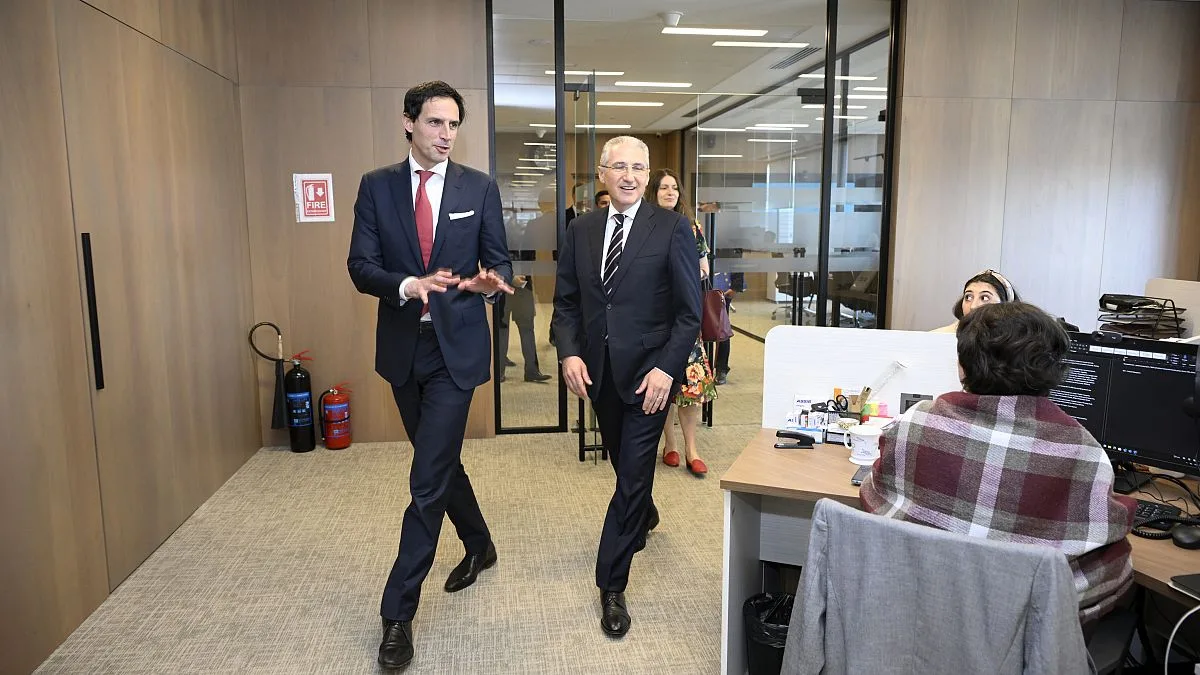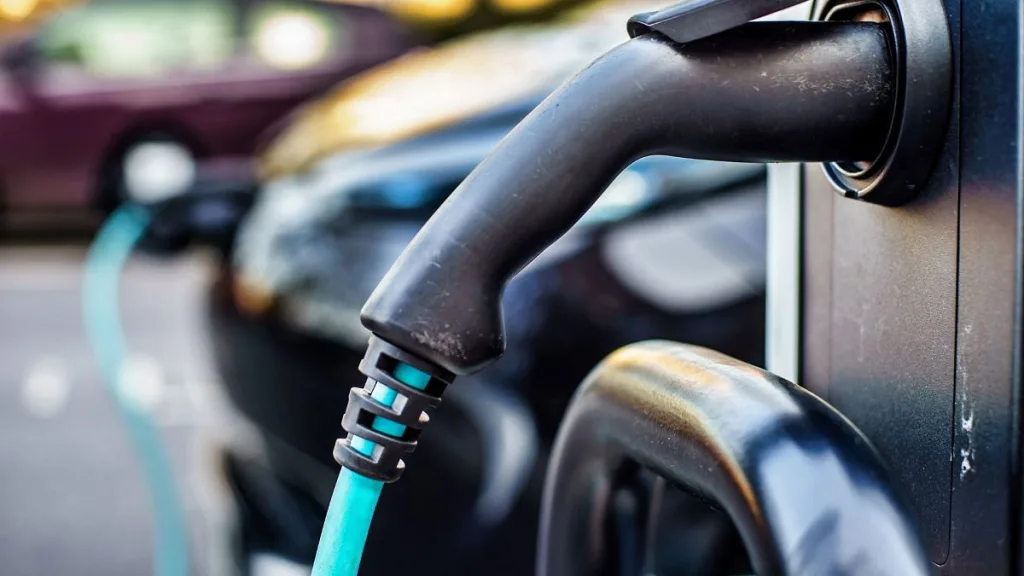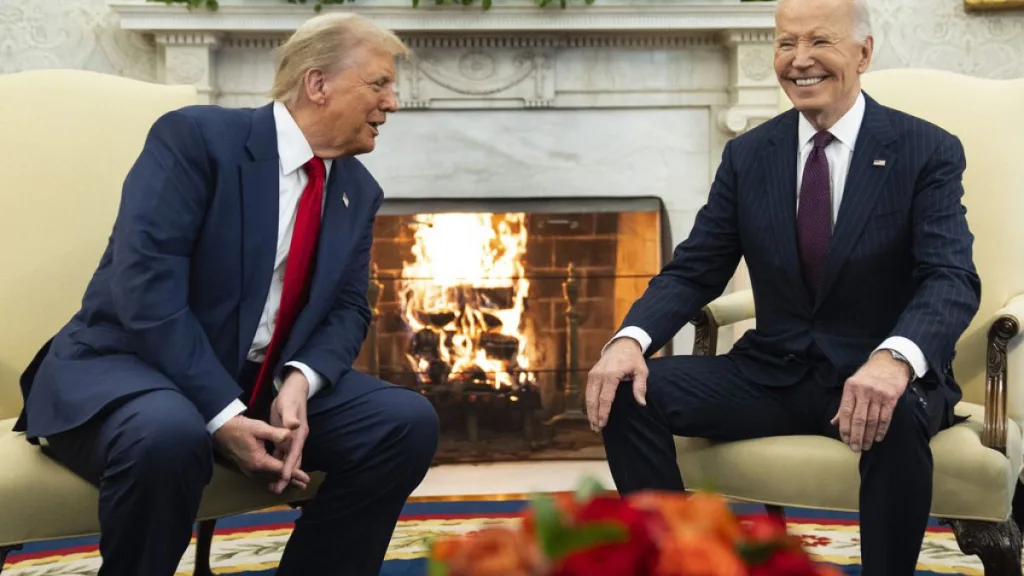A recent cross-party agreement among Members of the European Parliament (MEPs) reached a consensus that presented weak commitments regarding the future of coal, oil, and gas. However, there remains strong advocacy for substantial polluters, particularly China, to contribute to an essential global support fund aimed at aiding poorer nations. Additionally, the choice of Azerbaijan as the host for COP29 has drawn sharp criticism.
The environment committee of the European Parliament is urging the EU to demand that more major economies and high-emission countries contribute to a global climate adaptation fund at the upcoming COP29 summit next month. While financial commitments were emphasized, the committee showed a cautious stance on the urgent need to phase out fossil fuels.
A key focus at the forthcoming Baku summit will be establishing a collective quantified goal for climate finance beyond 2025. This goal is crucial for assisting nations, especially in the Global South, in adapting to a climate that has already warmed by an average of 1.3 degrees since the pre-industrial era. It will also support investments in green energy and sustainable development initiatives.
In a draft resolution adopted on Monday evening, which saw 54 votes in favor and 23 against, MEPs pointed out that as much as one trillion dollars will be required annually. The resolution advocates for a broadened contributor base that reflects each party’s evolving financial capabilities and historical emissions. This new framework aims to surpass the annual $100 billion commitment currently required from a select group of developed nations under the 2015 Paris Agreement. The emphasis appears to be on major economies like China and other BRICS nations that remain categorized as ‘developing’ countries for climate finance purposes.
Despite their strong financial rhetoric, MEPs adopted a notably cautious approach regarding fossil fuel phase-out, another vital agenda item for the Baku conference. They acknowledged the necessity and feasibility of transitioning away from fossil fuels. MEPs asserted that COP29 must convey a clear commitment to advancing renewable energy and enhancing energy efficiency in a just and equitable manner, building on commitments made during last year’s summit in Dubai.
However, they refrained from setting a specific deadline for phasing out coal, oil, and gas, a position criticized by Green MEP Lena Schilling. She pointed out that the conservative European People’s Party (EPP) and other right-leaning factions played a significant role in this indecision. “From a climate advocacy perspective, the EU must commit to ending fossil fuel reliance and raising climate ambitions by 2040,” Schilling reiterated. “This commitment is not just about the EU’s internal policies but also about solidifying trust and effectiveness during international negotiations.”
The European Commission plans to introduce a new emissions reduction target for 2040 early next year, with Climate Commissioner Wopke Hoekstra advocating for a minimum reduction of at least 90% compared to 1990 levels.
Moreover, the environment committee raised significant concerns regarding Azerbaijan’s selection as the COP29 host nation. They highlighted that oil and gas exports account for over 90% of the country’s exports and noted plans for expansion. Additionally, they expressed deep worries about the human rights situation within the country, particularly given that Mukhtar Babayev, the conference’s president-designate, has a long history with the state oil company Socar.
A 15-member cross-party delegation from the European Parliament will attend the Baku summit, but their role will primarily be observational. Negotiations will be led by the European Commission, based on a mandate set by EU governments last week. The environment committee emphasized that the Parliament must play an integral role in the EU delegation at COP29, given its responsibility to consent to international agreements.
The complete European Parliament will vote on the resolution on November 13 or 14, just days after the commencement of the two-week summit in Azerbaijan’s capital.
Photo credit & article inspired by: Euronews



